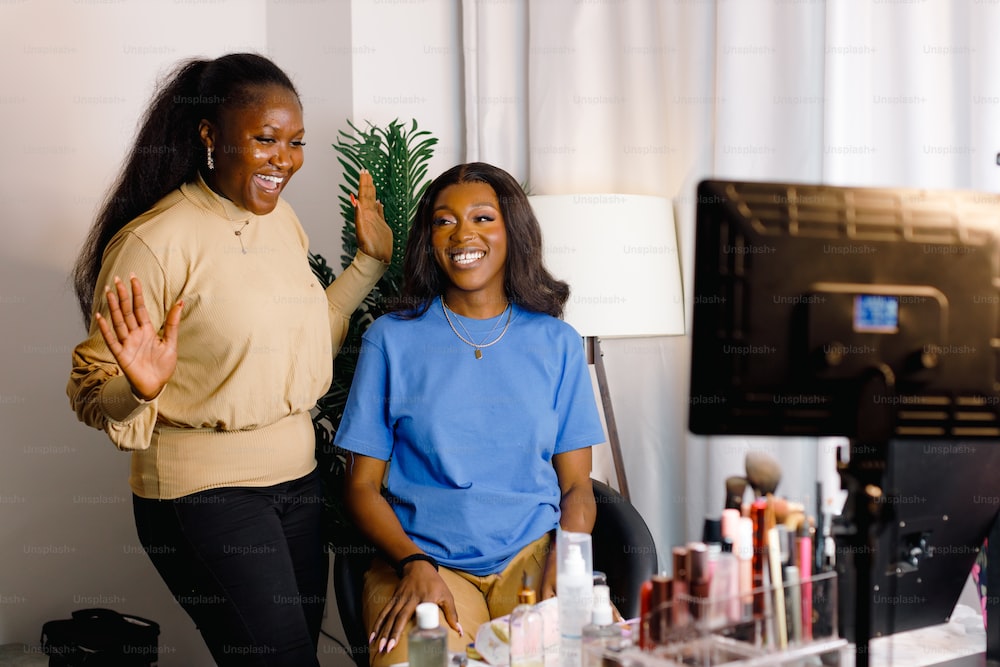
Why Use Humour in Influencer Marketing?
Influencer marketing has become a powerful tool for brands to reach their target audience. One effective approach within influencer marketing is the use of humour. Humour has the ability to captivate and entertain, creating memorable experiences for viewers. In this blog, we will explore the pros and cons of using humour in influencer marketing campaigns, and delve into how brands can leverage this strategy effectively.
Understanding the Power of Humour in Influencer Marketing
Humour has a unique ability to cut through the noise and capture the attention of audiences. When applied correctly, it can create a strong emotional connection with viewers, leading to enhanced engagement and increased brand awareness.
Pros of Using Humour in Influencer Marketing
- Enhanced Engagement: Humour is a powerful tool for boosting engagement in influencer marketing campaigns. Also, funny content has a way of drawing people in, encouraging them to like, comment, and share. By evoking positive emotions, humour creates a memorable experience that keeps viewers engaged with the brand.
- Increased Brand Awareness: In a crowded digital landscape, standing out is essential. Also, humour can provide the competitive edge needed to break through the clutter. When executed well, humorous content has the potential to go viral. Thus, rapidly increasing brand visibility and driving organic reach.
- Emotional Connection: Humour has the ability to forge an emotional connection between the audience and the brand. Also, by evoking joy and amusement, humorous content creates positive associations with the brand. Consequently, leading to improved brand perception and loyalty.
Cons of Using Humour in Influencer Marketing
- Potential Misinterpretation: One of the risks of using humour is that it can be misinterpreted or offend certain segments of the audience. Brands and influencers must exercise caution and ensure that the humour employed is inclusive, respectful, and aligned with their target audience’s values.
- Audience Relevance: Humour is subjective, and what may be funny to some might not resonate with others. Also, it is crucial to understand the target audience’s preferences and cultural sensitivities. So, humour that is tone-deaf or out of touch can result in negative brand perception.
- Overshadowing the Brand: While humour can be a powerful tool, there is a risk of it overshadowing the brand or message. So, the joke may be memorable, but the audience might forget the brand behind it. Thus, striking a balance between humour and brand relevance is crucial to ensure effective brand communication.
Best Practices for Using Humour in Influencer Marketing
To maximise the benefits of using humour in influencer marketing, brands and influencers should follow these best practices:
- Understand the target audience and their sense of humour.
- Align the chosen type of humour with the brand’s values and identity.
- Be sensitive to cultural and social contexts.
- Maintain authenticity and ensure that the humour enhances rather than distracts from the brand message.
Case Studies: Successful Humorous Influencer Marketing Campaigns
To provide real-world examples, let’s explore some successful influencer marketing campaigns that effectively incorporated humour. We’ll analyze the strategies, execution, and outcomes of these campaigns, highlighting the key takeaways for brands looking to leverage humour in their marketing efforts.
Old Spice – “The Man Your Man Could Smell Like”
Old Spice, a popular men’s grooming brand, launched a humorous influencer marketing campaign that featured the character known as “The Man Your Man Could Smell Like.” The campaign, starring actor and former NFL player Isaiah Mustafa, employed witty and absurd humour to promote their line of products. The ads showcased Mustafa in various outlandish scenarios, delivering catchy one-liners with a confident and humorous demeanour. The campaign went viral, generating millions of views and immense social media engagement. It effectively positioned Old Spice as a brand that embraced humour and helped them appeal to a younger demographic, resulting in increased brand awareness and sales.
Dollar Shave Club – “Our Blades Are F***ing Great”
Dollar Shave Club, a subscription-based razor company, launched a humorous influencer marketing campaign that became a viral sensation. The campaign’s introductory video featured the company’s founder, Michael Dubin, delivering a comedic monologue about the frustrating experience of buying razors. The video’s humorous tone, clever writing, and irreverent language resonated with viewers, earning millions of views and widespread attention. The campaign effectively communicated the brand’s unique value proposition and positioned Dollar Shave Club as a disruptor in the industry. The success of the campaign led to significant growth for the company, ultimately resulting in a successful acquisition by Unilever.
Doritos – “Crash the Super Bowl”
Doritos, a popular snack brand, launched the “Crash the Super Bowl” campaign, inviting consumers to create their own Doritos commercials for a chance to have their ad aired during the Super Bowl. The campaign encouraged participants to showcase their creativity and humour by creating humorous and entertaining ads. The user-generated content approach allowed Doritos to tap into the creativity of its audience, generating a buzz and engagement around the brand. The campaign generated a vast amount of submissions, driving brand awareness, and establishing a strong emotional connection with consumers.
Conclusion
Humour can be a powerful tool in influencer marketing. It also offers numerous benefits such as enhanced engagement, and increased brand awareness. Thus, creating emotional connections with the audience. However, brands and influencers must also be mindful of the potential risks, including misinterpretation and overshadowing the brand. By following best practices and understanding the audience, brands can leverage humour to create impactful and memorable influencer marketing campaigns. Thus, resonating with their target audience. Also, these case studies demonstrate how humour, when strategically employed in influencer marketing campaigns, can generate viral content. Also, increasing brand awareness, and resonating with the target audience. By leveraging the power of humour, brands can create memorable experiences that drive engagement, establish emotional connections, and ultimately achieve their marketing objectives.
